Hawzah News Agency – Ramadan, or 'Ramadan' (rah-mah-ZAHN') as it's spelled in Turkish, falls on the ninth month of the Islamic calendar. Following the birth and rebirth of the new moon, Ramadan shifts slowly from winter to summer and back again every decade or so.
Ramadan is best known around the globe as a holy month of fasting that represents one of the Five Pillars of Islam. It's a time of spirituality, self-reflection, and prayer that's observed throughout the Muslim world.
For many, Ramadan is a time to distance themselves from the stresses and vices of daily life and make more time for family and friends, spirituality and closer attention to religious principles. Faithful observers of the fast abstain from consuming any food and water from the call to morning prayer at sunrise through to the call to prayer at sunset.
Only children, pregnant women, the elderly and the sick are not expected to fast, as well as people of other faiths.
A Culinary Paradox
From a culinary standpoint, Ramadan is a true paradox. Despite the diligent fasting that's carried out by so many, Ramadan is also a time that's very focused on cooking, eating, entertaining and dining out.
During the month of Ramadan, daily life in Turkey focuses as much on the fast itself as it does around breaking it. The preparation and anticipation for 'iftar' (eef-TAHR"), the first meal after sunset and "sahur" (sah-HOOR'), the final meal before sunrise, become the focal points of the day. All activities revolve around either preparing these meals or attending them on time.
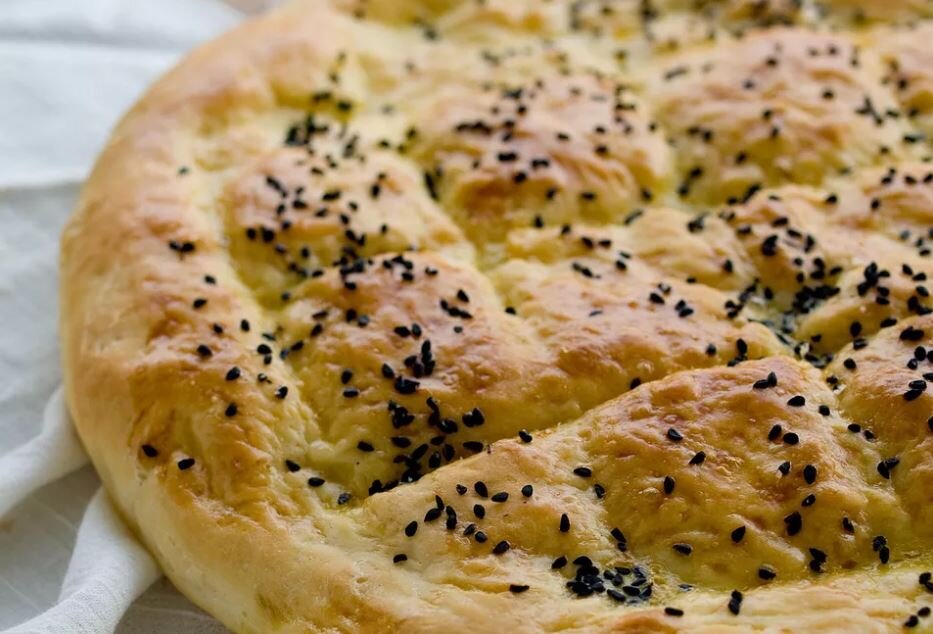
Preparing for 'Iftar'
While life and work during daylight hours tend to slow down during Ramadan, the opposite is true for the ladies in the kitchen. Preparing for the evening meal is an all-day affair that begins with shopping.
During Ramadan, most cooks return to their roots and go for traditional Turkish favorites as well as preparing the standard fare that's expected to be part of every "iftar" table.
Cooks shop in a frenzy as markets and bazaars begin advertising their specials for Ramadan several weeks before the start of fasting. Tender dates, pistachios, Turkish Delight, 'güllaç' (gool-LAHCH') and cured meats like 'pastirma' (pahs-tur-MAH') and 'sucuk' (soo-JOOK') are some of the most popular items.
Many markets set up separate displays to make Ramadan shopping easy. It's truly a wonderful time to stock up your pantry with classic Turkish ingredients and Turkish spices.
After carefully choosing the day's ingredients from the local markets and bazaars, the ladies of the house commence with peeling and prepping vegetables, marinating and stewing meats and preparing soups and desserts, all in anticipation of the evening meal.
What to Expect at 'Iftar'
'Iftar' is a full, multi-course meal that begins with light fare and soup similar to breakfast. It then continues with several main courses and vegetable selections, desserts, Turkish coffee and fresh fruit.
The fast is usually broken first with a sip of water, followed by light fare like black and green olives, a selection of Turkish cheeses, dates, and slivers of warm, flatbread called 'pide' (pea-DEH') that is only baked during the month of Ramadan.
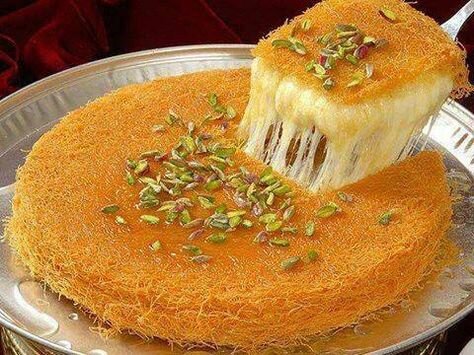
The 'Iftar' Table
Setting the 'Iftar' table is an art form that would challenge even the most experienced line chefs. No matter how modest the household, the table is always spotless and set with the best wares the household has to offer.
The soup is always steaming and ready in its bowls, water glasses are filled and warm bread is made ready just in time for the 'adhan', or 'ezan' (ay-ZAHN'), the evening call to prayer. Hungry, thirsty diners, anxious from a long day of fasting, will wait patiently at the table until the call to prayer comes to an end. Then with a quick acknowledgment of God, all begin their meal in unison.
Dining and snacking often continue for several hours afterward, while families and friends socialize and enjoy spending time with one another. Often a short snooze is enjoyed before 'sahur,' the last meal just before dawn.
Attending an 'iftar' meal, even if you're not fasting, is truly a great way to sample Turkish regional cuisine. And it's one of the best ways to experience the warmth of Turkish hospitality and culture at its finest.



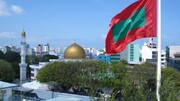
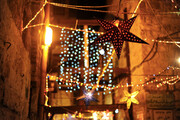



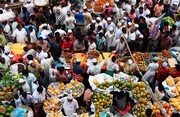




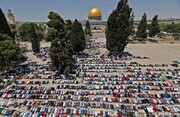

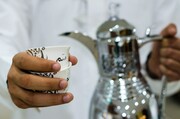

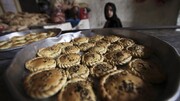

Your Comment